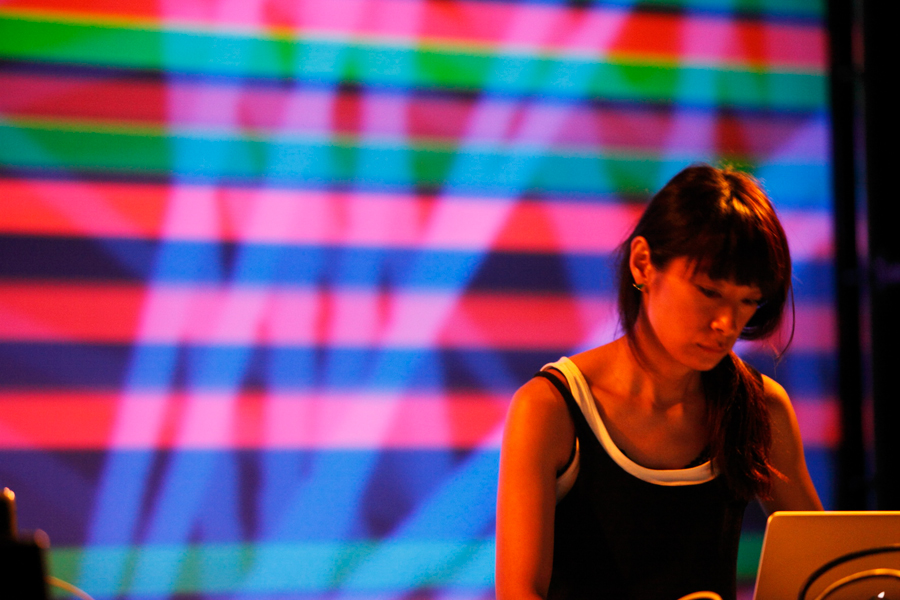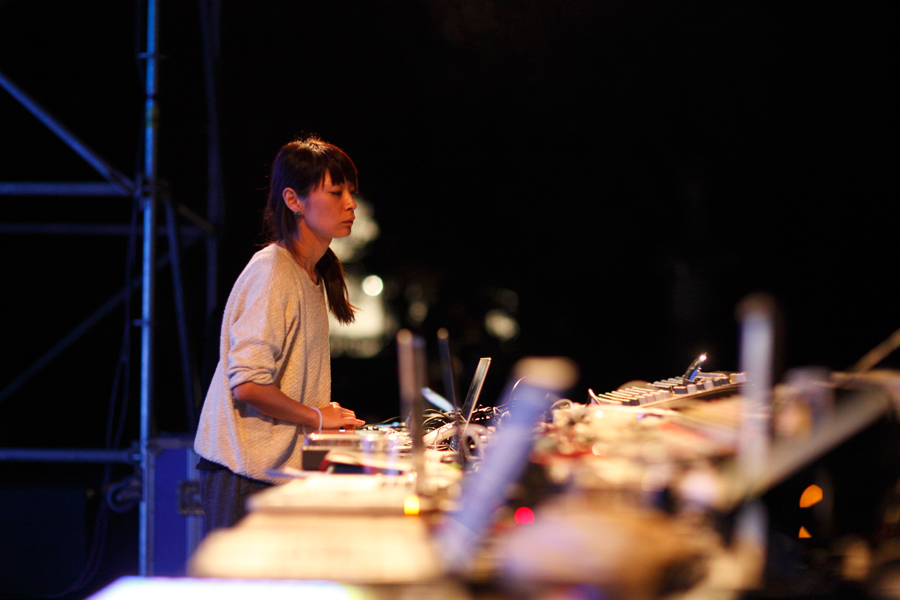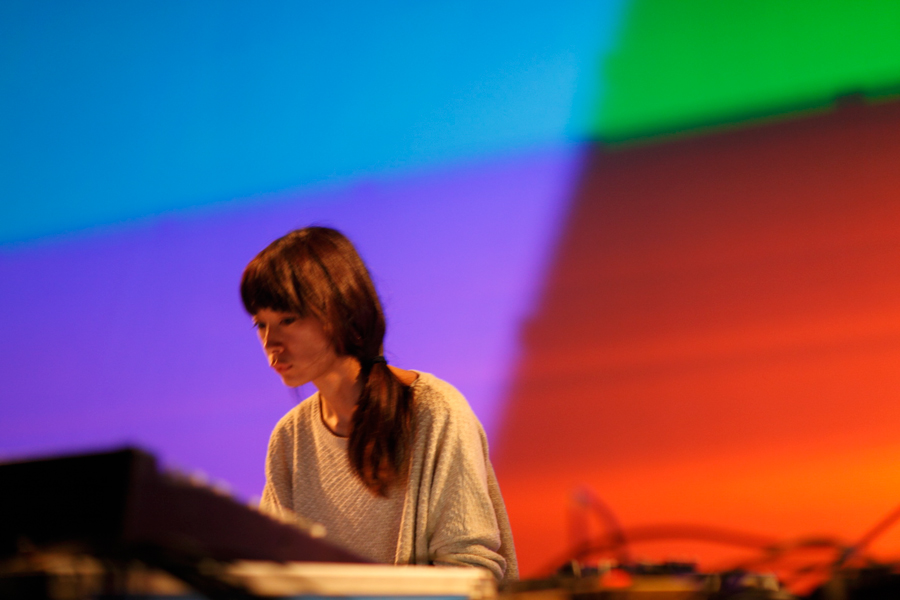REPORT
- NEO PROFESSIONAL
USE CABLES & ACCESSORIES - for Musicians, DJs, Engineers, Producers
& All Creators
REPORT
“I always wanted to put together the expression and phenomenon of sound and my talent as a work of art in the format of music.”
 photo © Alberti Novelli
photo © Alberti Novelli
 photo © Alberti Novelli
photo © Alberti Novelli
。
 Electric Campfire 2013 VillaMassimo – photo © Alberti Novelli
Electric Campfire 2013 VillaMassimo – photo © Alberti Novelli
Thankfully, I have been approached for many other projects: in May, I am preparing a live set for an installation with a Spanish biological video artist. I’m also working with a group of artists in Switzerland and France who make hybrid food and tableware out of bioplastics, and I’m in charge of the music during their meals.
In my solo work, I am also aiming to further brush up my understanding and knowledge of brain science to create a new syntax for music. I am also working on an album under the name Lena Andersson with Eomac!
There was a period in 2018 when I took a break from external gigs and other activities. During that period, I spent my time living in an art technology center in Spain, focusing on exploring installations, crafting machines for them, and various other things that I was exploring in my own way. From time to time, I talked to local physicists about my own fantasies and musings, both large and small, and tried to make my creations more like science fiction based on logic, rather than fantasy-oriented science fiction. What I gained from that experience has been used in my subsequent songwriting and current activities.
PageTop